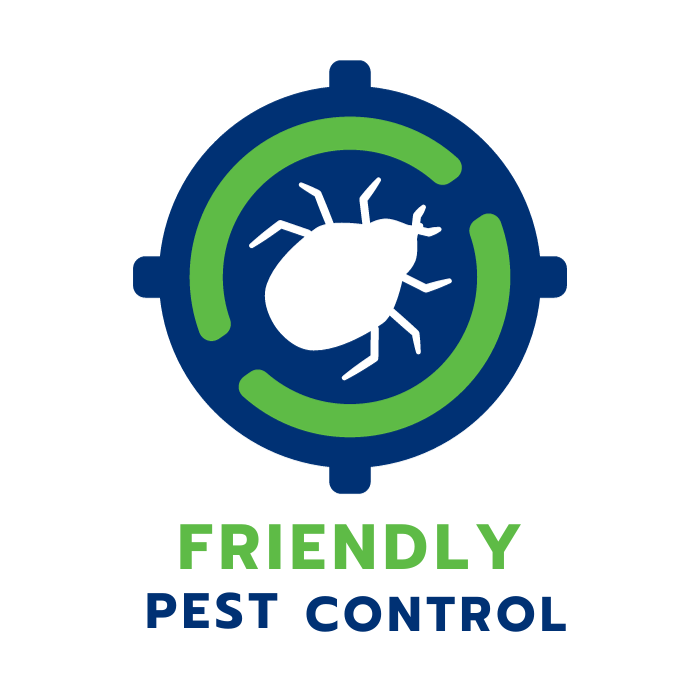Clean and pure air is a fundamental necessity for a healthy and productive environment. In today’s world, where air pollution is a significant concern, having efficient air filtration systems is crucial. In this article, we explore the importance of air filtration systems, how they work, and the benefits they bring to both homes and commercial spaces.
The Significance of Air Filtration Systems
Air pollution is a pressing issue affecting our health and well-being. Harmful particles and pollutants in the air can lead to respiratory problems, allergies, and other health conditions. Air filtration systems act as a shield, trapping these harmful particles and purifying the air we breathe.
Benefits of Clean Air
-
Health Improvement: Cleaner air leads to better respiratory health, reducing the risk of allergies, asthma, and other respiratory conditions.
-
Enhanced Productivity: Clean air contributes to a more focused and productive work environment, improving employee well-being and efficiency in commercial spaces.
-
Odor Removal: Air filtration systems help in eliminating unpleasant odors, creating a fresher and more inviting space.
-
Prolonged HVAC Life: Regular use of air filtration systems can prevent dust and particles from clogging the HVAC system, prolonging its lifespan and reducing maintenance costs.
How Air Filtration Systems Work
Air filtration systems operate on a simple principle: capturing particles and contaminants from the air before circulating it back into the environment. The process involves several key components:
1. Filters
Filters are the heart of air filtration systems. They are made of porous materials that capture particles as air passes through. The efficiency of a filter is measured by its Minimum Efficiency Reporting Value (MERV) rating, typically ranging from 1 to 20. Higher MERV ratings indicate better filtration capabilities.
2. Air Circulation
The air filtration system pulls air from the environment through the filters. As the air passes through the filter, particles such as dust, pollen, pet dander, and other contaminants are trapped.
3. Clean Air Distribution
Once the air is filtered, the system releases it back into the environment, ensuring a continuous supply of clean and purified air.
Types of Air Filtration Systems
There are several types of air filtration systems, each with its own set of features and benefits. Understanding the differences can help you choose the right system for your needs.
1. Mechanical Filters
These filters use a physical barrier to trap particles. They are highly efficient and are often found in HVAC systems and portable air purifiers.
2. Activated Carbon Filters
Activated carbon is effective in trapping odors, gases, and chemicals. These filters are commonly used in both air purifiers and HVAC systems.
3. HEPA Filters
High-Efficiency Particulate Air (HEPA) filters are known for their high MERV ratings, capturing particles as small as 0.3 microns. They are incredibly efficient and are often used in hospitals and research facilities.
4. UVGI Filters
Ultraviolet Germicidal Irradiation (UVGI) filters use UV light to kill bacteria, viruses, and other microorganisms. They are often used in conjunction with other filters for comprehensive air purification.
Choosing the Right Air Filtration System
Selecting the right air filtration system depends on various factors, including the size of the space, the level of pollution, and the specific needs of the occupants. Consulting with an HVAC professional can help in determining the most suitable system for your requirements.
In Conclusion
Investing in a high-quality air filtration system is an investment in your health and well-being. Breathing clean, pure air contributes to a healthier life and a more productive and inviting environment. Choose the right air filtration system for your space, and experience the transformative power of clean air.





